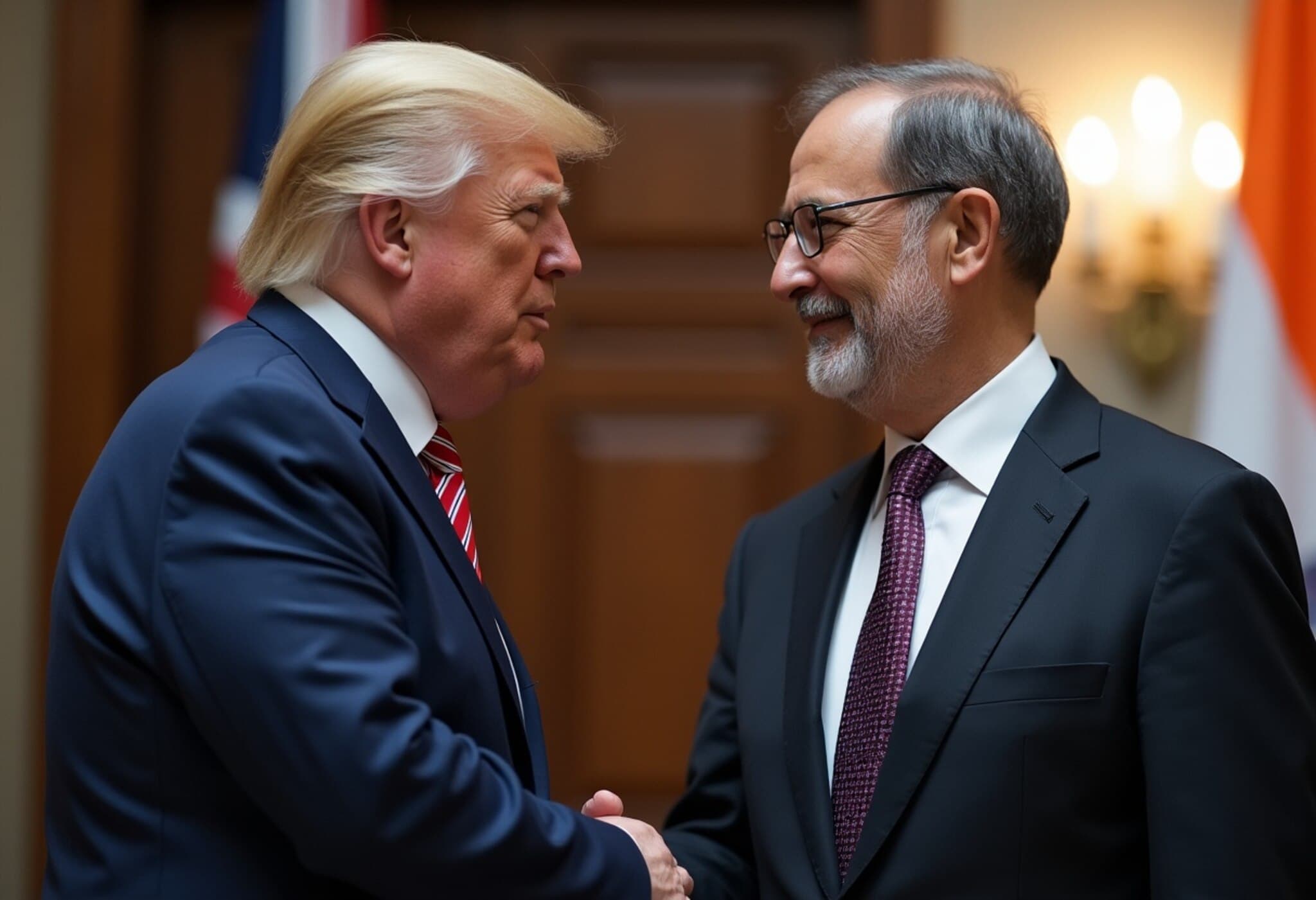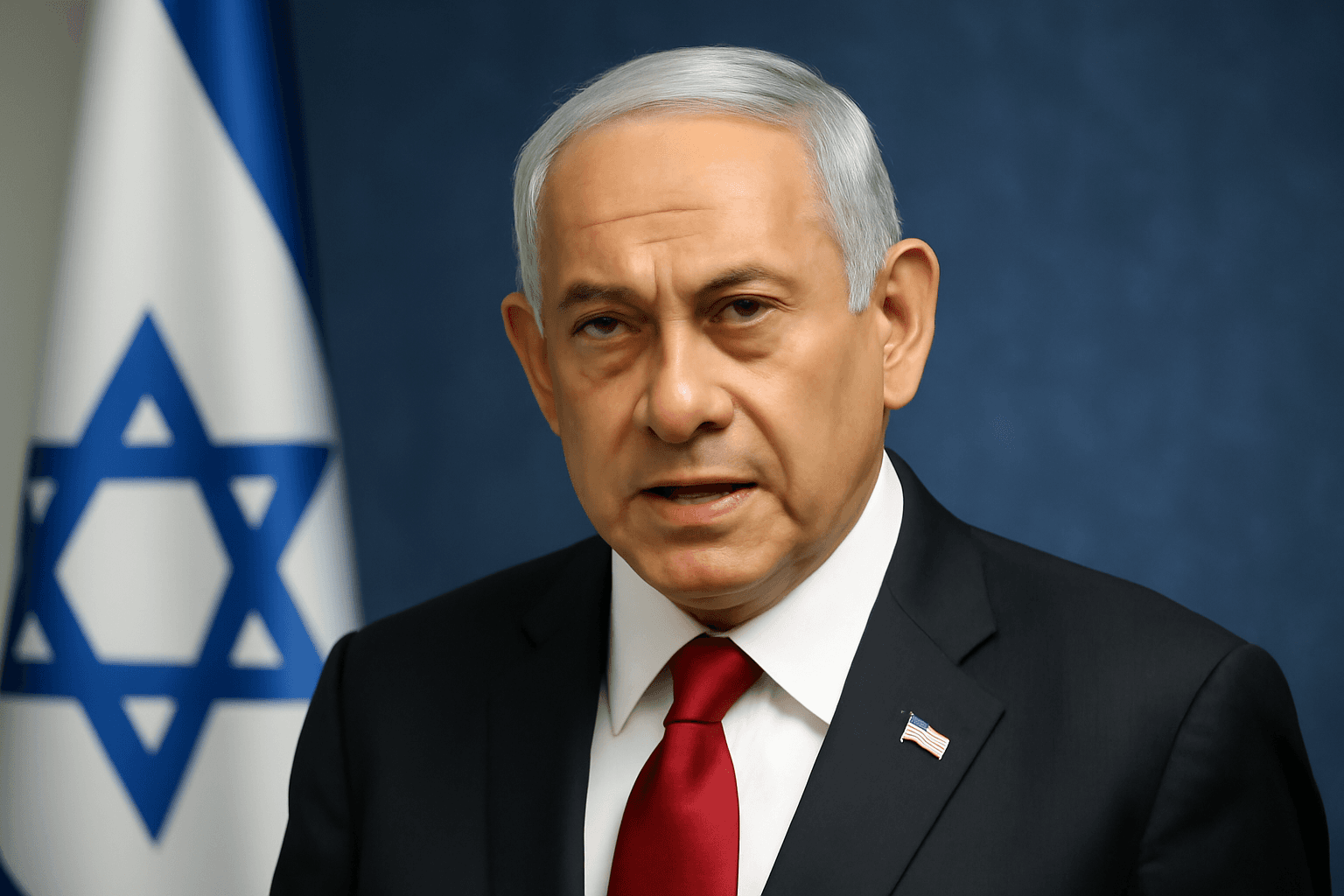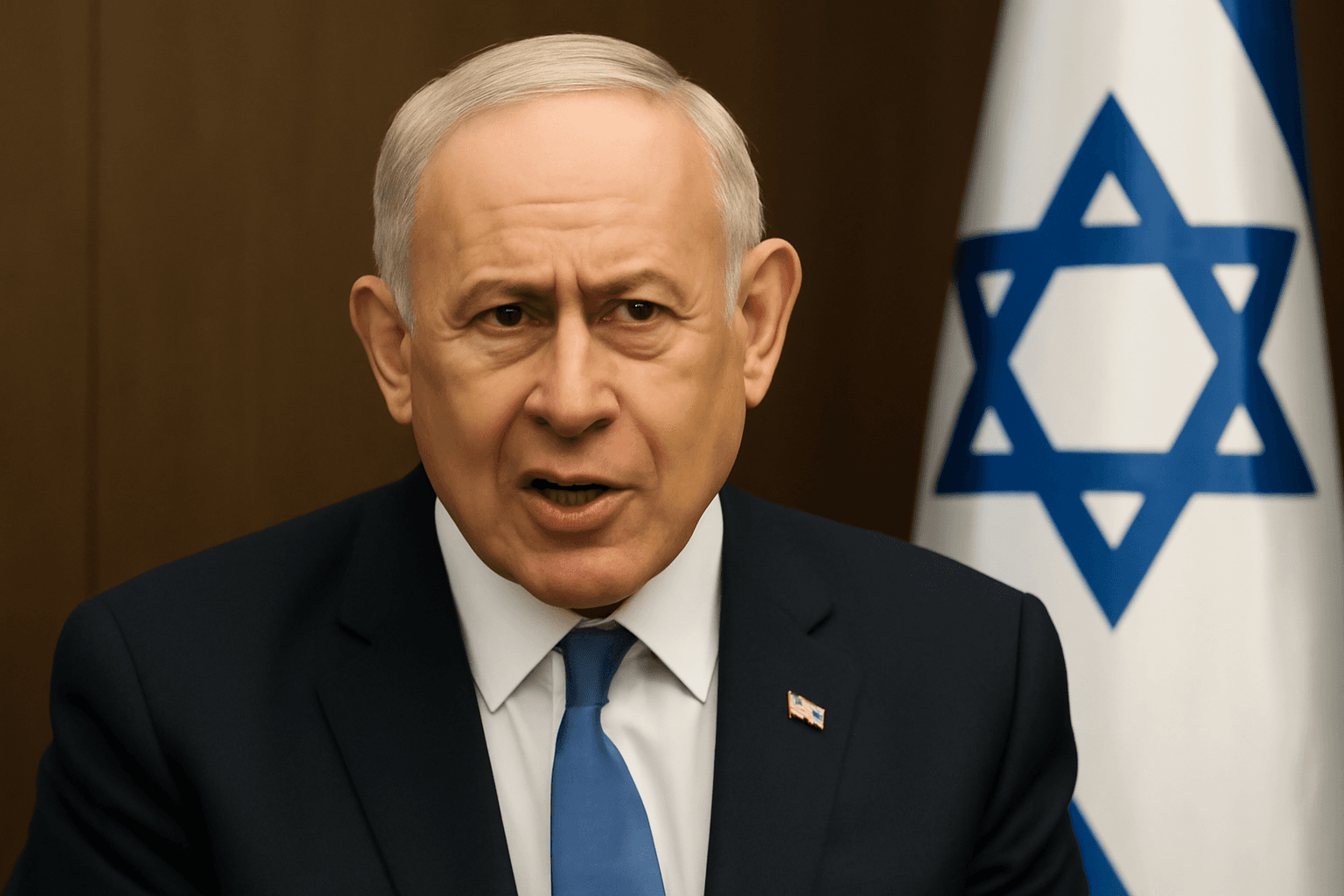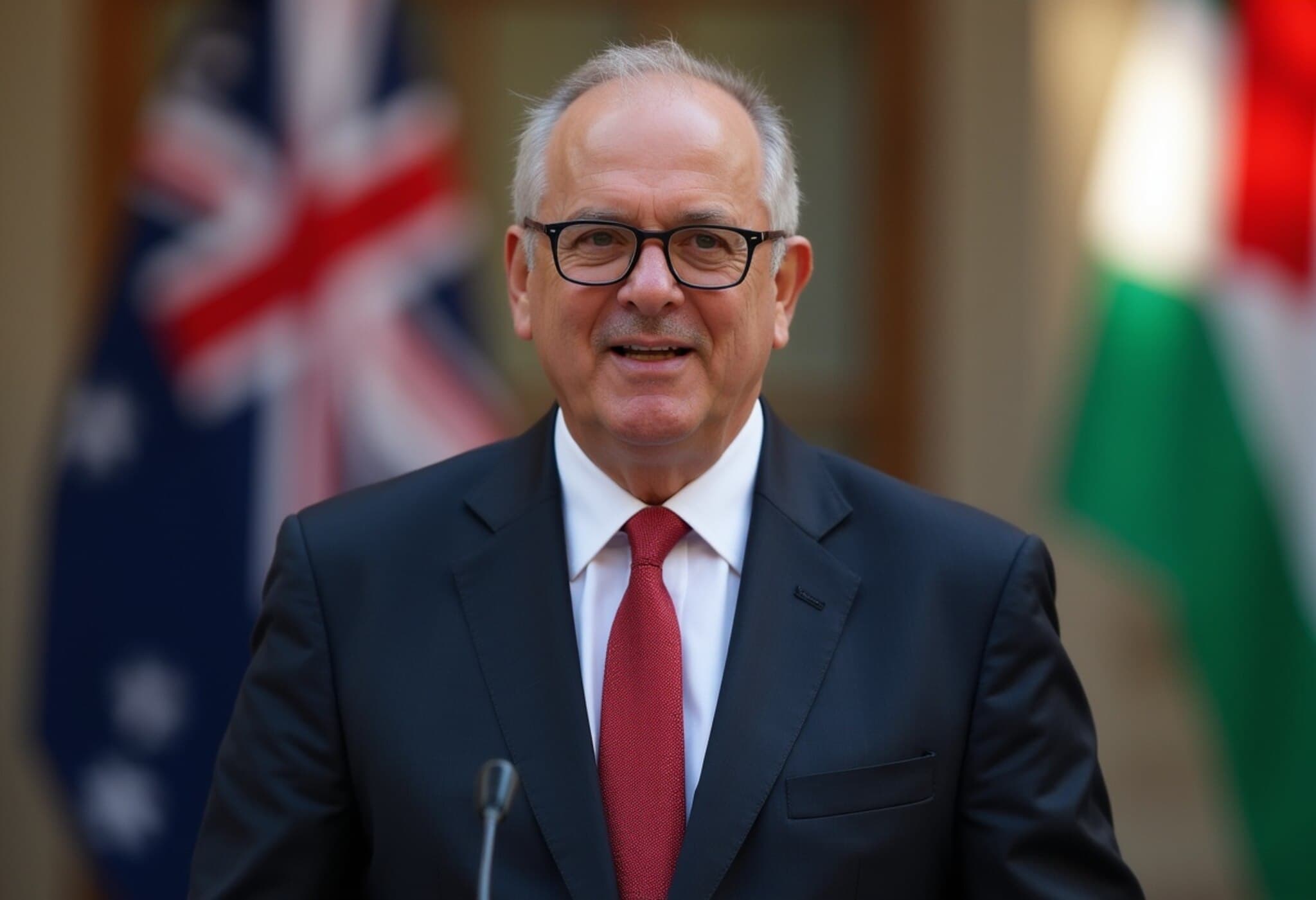Australia’s Stance on Palestine Recognition: A Missed Opportunity
In September 2025, the Australian government is set to formally recognise Palestine as a state at the United Nations, aligning itself with several Western nations including the UK, Canada, and France. While this diplomatic gesture appears progressive on the surface, it has drawn criticism from Israeli Prime Minister Benjamin Netanyahu, who dismissed it as “shameful” and an ineffective response to the ongoing humanitarian crisis in Gaza.
The Reality on the Ground: Beyond Diplomatic Gestures
Netanyahu’s reaction highlights two troubling realities: one, a leadership confident that international recognition will not sway Israel’s policies; and two, the entrenched pattern of Western states issuing symbolic gestures without delivering substantial consequences for Israel’s occupation practices. Since Israel’s occupation of the West Bank and Gaza in 1967, Palestinian suffering has only intensified, particularly since 2023 when Israel escalated assaults on Gaza, actions widely condemned by International bodies as tantamount to genocide.
The Escalation of Israeli Settlements and the Erosion of the Two-State Solution
The expansion of Israeli settlements, especially since the current government took office in December 2022, has accelerated at a pace that threatens the very viability of a two-state solution. Notably, the controversial E1 settlement plan risks cleaving the West Bank into disconnected enclaves, effectively erasing any hope for Palestinian territorial continuity and sovereignty.
Australia’s Diplomatic Performance: Symbolism vs. Impact
Conversations with seasoned Australian diplomats reveal an unsettling trend: Australia’s approach mimics what’s seen as the international “reputable” response — a cycle of ritualistic condemnation divorced from actionable policy. This approach, critics argue, reduces Palestinian tragedy to diplomatic theater rather than catalyzing meaningful change.
- Recognition alone is insufficient: While symbolic recognition holds emotional and political significance, it does not dismantle the structural systems of occupation or stop violence.
- Urgency demands actionable measures: Steps beyond symbolism—like sanctions, trade suspensions, arms embargoes, and accountability for war crimes—are imperative.
- Australia’s potential role: The government must leverage its political and economic influence to enforce consequences that alter the calculus sustaining Israel’s occupation.
Legal Obligations and Moral Imperatives
International law mandates states to end occupations and prevent atrocities, backed by UN rulings and countless resolutions. Yet, global inaction has allowed the machinery of occupation—with its military, economic, and legal components—to operate unchecked. Australia, as a responsible member of the international community, holds both legal and ethical responsibilities to ensure its recognition carries substantive meaning.
Concrete Steps Australia Could Take
- Impose economic restrictions: Freeze investments and suspend trade that bolster Israeli settlements.
- End military cooperation: Halt sales and transfers of arms and dual-use technologies aiding Israel’s security infrastructure.
- Support accountability: Back international prosecutions of individuals and entities implicated in violations of international law.
- Lead regional diplomacy: Champion initiatives that prioritize Palestinian human rights and sustainable peace grounded in justice.
Why Recognition Without Action Is a Hollow Victory
The Albanese government risks replicating decades of diplomatic theatre where countless recognitions and condemnations by the international community have produced no tangible relief for Palestinians. Israeli settlements keep expanding, Gaza remains under siege, and Palestinians face ongoing displacement and violence every day.
While recognition might make headlines, without enforceable policy shifts, it will do little to alleviate suffering on the ground or challenge the systemic mechanisms driving occupation and violence.
The Bigger Picture: A Call for Genuine Leadership
True leadership requires confronting uncomfortable truths and making difficult choices. Australia’s recognition of Palestine can be a milestone only if it is paired with a clear, consistent, and strategic use of its diplomatic and economic tools to impose real costs on occupation and signal unequivocal support for Palestinian rights.
Otherwise, as Netanyahu suggests, it risks being dismissed as a superficial headline, leaving the entrenched realities of occupation and conflict undisturbed.
Editor’s Note
Australia stands at a crossroads: it can either follow the well-trodden path of symbolic gestures familiar to Western diplomacy, or it can boldly chart a course that holds oppressive systems accountable and champions human rights with practical actions. The Palestinian struggle is not nourished by political theater but requires real change — a challenge to the Albanese government to clarify whether its recognition will be a stepping stone towards justice or simply an empty diplomatic echo.
Dr. Anas Iqtait, Senior Lecturer at Australian National University, brings a nuanced perspective informed by years of experience on the ground and in international policy forums. His insights underscore the urgency of moving beyond symbolism toward enforceable action.



















